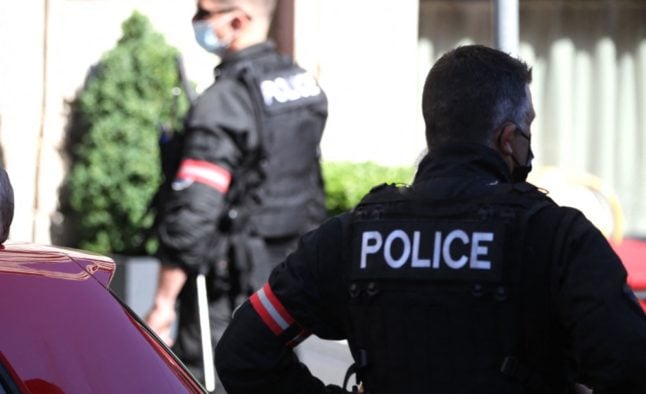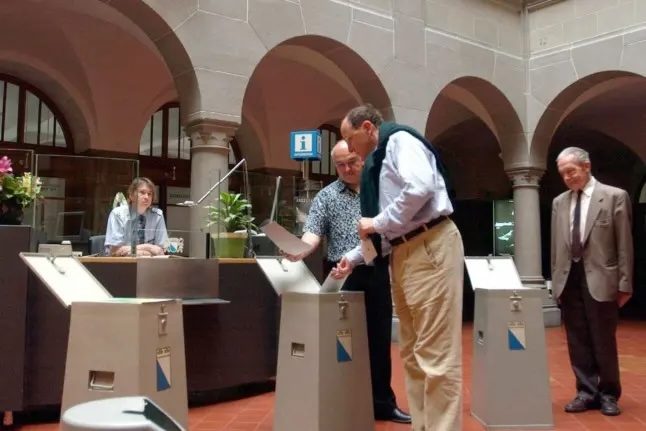The officer, “under the influence of alcohol, fired his service weapon seven times inside the taskforce offices” last Friday, Olivier Francey, a spokesman for the Geneva judiciary, told AFP.
Five of the man’s colleagues were present, including “one who was hit in the foot and had to undergo surgery,” he said, confirming Swiss media reports.
The officer has been questioned by Geneva’s top prosecutor, and stands accused of endangerment and causing bodily harm through negligence.
He has also been accused of resisting efforts to establish his “capacity to drive”.
The authorities, who did not provide details on what the man’s blood-alcohol level had been at the time, said the investigation was ongoing.



 Please whitelist us to continue reading.
Please whitelist us to continue reading.
Member comments